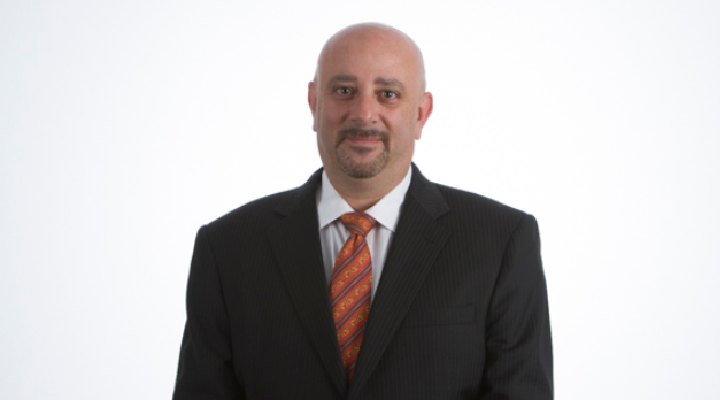Philip Freed, Principal Consultant and Partner for CMEDDS Holdings, LLC, is a consultant for medical institutions throughout the U.S. He has developed educational matrix programs utilized by leading medical device companies and created CMEDDS to transition these programs to EMS, Fire and Law enforcement. His team works closely with local, state and private resources to design individually tailored, easily implemented, step-by-step plans to train administration and staff to deal with natural or man-made disasters. Mr. Freed has worked with startup medical device companies to provide guidance on launching their businesses and obtaining angel/series A-C rounds of funding.
Mr. Philip Freed graduated from Cornell University Medical College as a Physician Assistant and Surgeon Associate, and completed his Master’s Degree at the University of Nebraska. He served as an Emergency Care Instructor in ACLS, BCLS, PALS, and NALS at Cornell University Medical College and New York– Presbyterian Hospital, as well as Department Coordinator for Montefiore Medical Center at the Albert Einstein College of Medicine. From 1999-2001, he was Chief of Cardiovascular Services at Lenox Hill Hospital. Philip has been working within the medical device sector since 2001 with start-up and fortune 500 companies working in corporate leadership on FDA quality management systems (QMS) remediation.
Mr. Freed has appeared on national news broadcasts with Lester Holtz, Leslie Stahl, and Bryant Gumbel as well as local media outlets when he was a spokesman for the American Heart Association.
How did you get started doing what you’re doing and what inspired you to get into your current profession?
I started off in emergency medical services and realized I had a passion for medicine and decided to proceed into becoming a physician’s assistant in surgery and critical care.
When you were starting out was there ever a time you doubted your work? If so, how did you handle that?
Certainly, there are times when you doubt your work like when you face new, complex challenges and challenging patients. I was able to overcome that by finding very good mentors who teach you the appropriate way to address critical matters.
How did you get your first patient?
My first patient was in a motor vehicle accident that was involved in trauma.
What is the toughest decision you’ve had to make in the last few months?
A tough decision you have to make when you are a manager of people is deciding if they are good enough to be involved with in business or having to let them go and finding someone else who is better suited to the patients you have.
What do you think it is that makes you successful?
I feel I’m a strong Type A personality. I like hard challenges and long hours.
What has been your most satisfying moment in business or the medical profession?
The most satisfying moment in my professional life is learning that I can transfer my knowledge of healthcare for patients to healthcare in marketing and sales to help the industry grow and come up with new technology.
What does the future hold for your business and/or what are you most excited about?
I’m always looking for better ways to educate the public about their health and find ways to extend life without always requiring the use of pharmaceutical or mechanical support. Patient education is the key to survivability.
Are there any books that have inspired you?
“Good to Great” by James C. Collins. It was a book that really helped me to understand how I could find greatness in the work I do.

